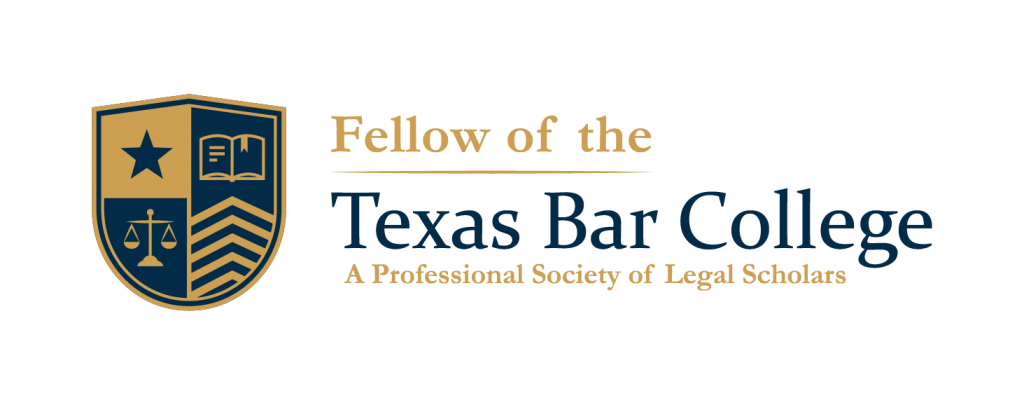With over 25 years of experience, I offer comprehensive estate planning, probate, guardianship, and business law services, working closely with my clients to provide personalized solutions that ensure peace of mind, long-term security, and successful outcomes.


